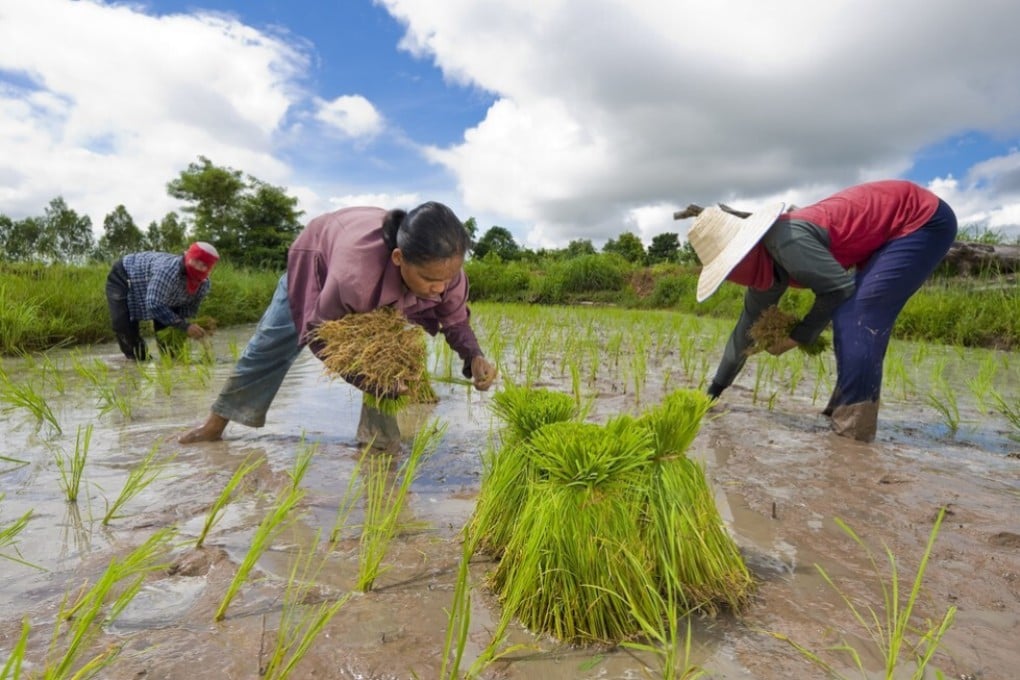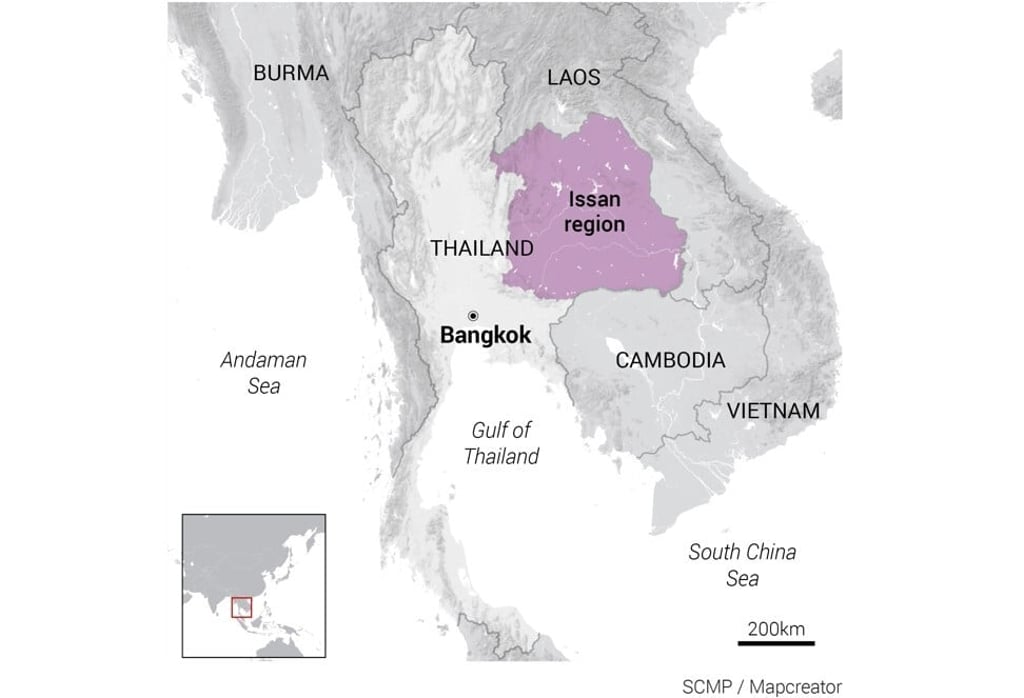#ClubhouseToxic: Thailand’s rural Isaan majority fight back against Bangkok elite stereotypes
- Despite being the birthplace of multiple Thai celebrities, agricultural Isaan has long been derided as backward by the country’s Bangkok-focused elite
- Recent leaked recordings of Clubhouse users insulting the region sparked a backlash – and spotlight Isaan’s importance in Thailand’s next elections

Despite being the birthplace of many top sports stars, actors, rappers and other Thai celebrities, the historically underdeveloped rice-producing region of 20 provinces has for decades been derided as backward and its people stereotyped as ill-educated and uncouth.
With looming local polls that could pave the way for a national vote as early as next year, authorities have been quick to vow action against the Clubhouse users involved. Yet not before leaked recordings of the remarks caused a social media uproar, with the Twitter hashtag #ClubhouseToxic being shared nearly 2.5 million times.
Prominent figures from the region hit back at the sweeping generalisations, with singer Kwannapa Ruangsri asking the Clubhouse users “why do you despise Isaan people so much?” and pro-democracy protest leader and teacher Attapon Buapat blaming colonialism for Thai society being “stuck in an elite mentality”.
